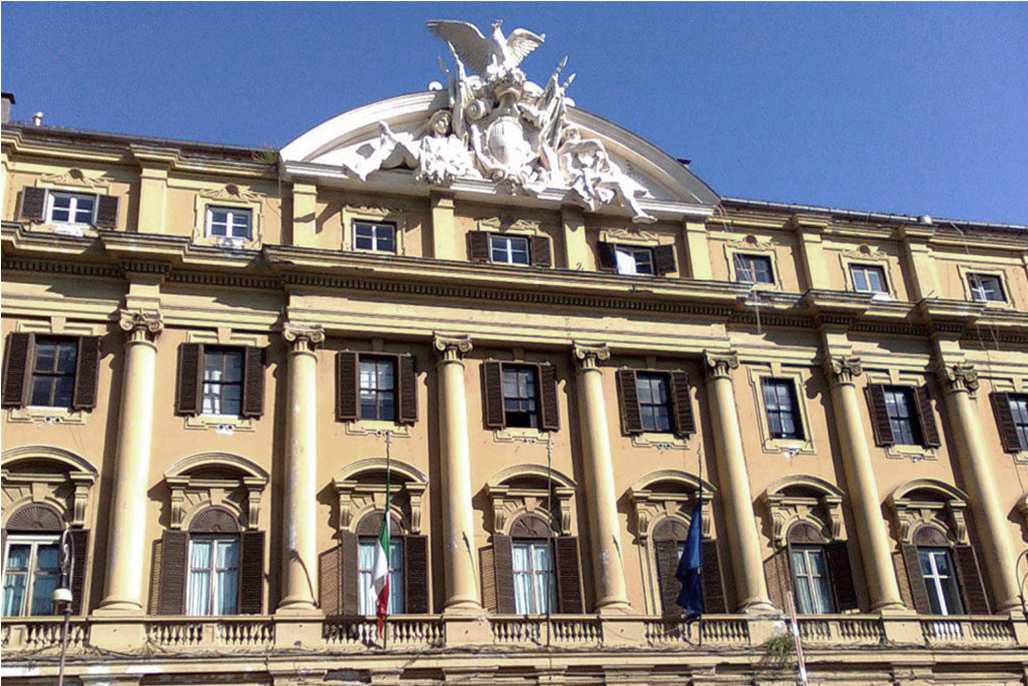On October 15, 2024, Italy’s Council of Ministers is set to convene for a crucial meeting where the agenda will include the draft budget for the 2025 financial plan and the draft budgetary document for the European Union. This meeting represents the first major test for the upcoming Budget Law, as various proposals and ideas are on the table, with discussions expected to be lively.
Despite earlier announcements, the draft for the 2025 Budget Law was presented a week ahead of schedule, allowing for timely discussion. Early reports suggest that the budget could cost between €23 billion and €25 billion, with a deficit of approximately €9 billion. In addition to the budget draft, the Council will also review the EU budgetary document and tax decree for preliminary assessments.
One of the most contentious topics on the agenda is the proposed tax on banks’ extra profits, which has sparked a divide within the ruling coalition. While the Brothers of Italy and League parties are open to the idea, Forza Italia has voiced strong opposition. Various alternatives are being considered, including a contribution based on deferred tax assets and stock options.
The government has made it clear that no new taxes will be imposed on families or businesses, despite ongoing debates in that direction. Instead, the focus will be on measures to assist low- and middle-income households, particularly those with children. A reorganization of the Universal Allowance is likely, aimed at supporting the most vulnerable groups.
Other proposed measures include a reduction in the tax wedge and adjustments to the personal income tax (Irpef) system, which may decrease the tax burden from 42.3% in 2024 to 42.1% in 2025. Minister Giorgetti has hinted at a potential spending review for government ministries, allowing for flexible cuts based on each department’s discretion. Additionally, the health sector might receive an influx of around €3.2 billion, aimed at funding a significant recruitment drive for doctors and nurses.

